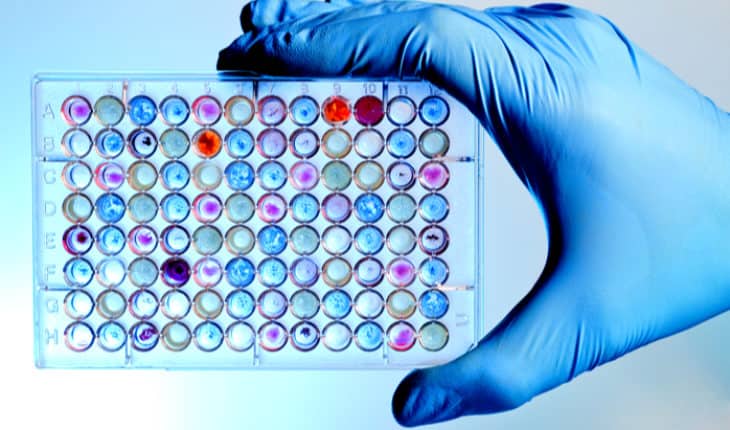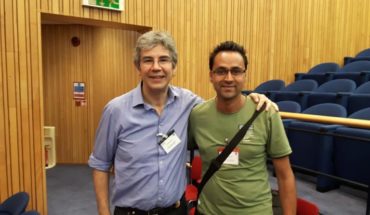The new Master’s course in “Molecular Precision Medicine” is concerned with how diseases develop and how to treat them on a molecular and mechanistic level. The course, jointly organised by the Medical University of Vienna and University of Vienna, combines scientists from the fields of basic research as well as translational and clinical research and furnishes students with comprehensive knowledge about the potentials, challenges, and future prospects of precision medicine.
Students can now apply at: www.meduniwien.ac.at/master-mpm
Precision medicine (or personalised medicine) is the main future trend in 21st century medicine. It involves the use of diagnostic pathways and therapeutic approaches that are tailored to the individual patient. The University of Vienna and Medical University of Vienna are now jointly organising the new Master’s course in “Molecular Precision Medicine”. Within this framework, the two universities will cover all theoretical and practical aspects of the main fields of research that are important for basic sciences.
Bridge between research and practice
The “Molecular Precision Medicine” Master’s course will teach evidence-based knowledge in the field of human medicine on a molecular and mechanistic level. The course will provide graduates with fundamental knowledge about clinical symptoms, the process of identifying molecular targets for the therapeutic approach, the development and manufacture of pharmaceuticals, clinical testing procedures and evaluation of therapeutics in the clinical setting. This broad knowledge base will enable graduates to bridge the gap between research and clinical application.
Moreover, graduates will have key bioinformatics skills, including programming, data mining and analysis, and will therefore be qualified for a career in the field of data science. The course covers ethical and socio-economic questions associated with the topic of precision medicine in a Public Health context, thereby providing the basis for a career in basic research, clinical, translational, and biomedical research, as well as in the academic and public sphere or within a corporate setting.
The new Master’s programme runs over four semesters and leads to a Master of Science qualification. The prerequisite for enrolment is the completion of a Bachelor’s degree in a life science subject.
That is precision medicine
Each person has a different, completely individual genetic make-up that can predispose them to a risk of developing certain diseases. The best form of treatment and prevention is therefore personalised medicine – precision medicine. This new approach will put many previous medical achievements in the shade. The previous medical approach based on one-size-fits-all treatment protocols was commonly associated with serious side-effects or, in some cases, limited treatment success. Precision medicine is based on modern diagnostic techniques, such as genome sequencing and molecular imaging. This will allow patients to be treated in an even more targeted and individual way in the future and will help to identify the cause of the disease at a molecular level. This vastly increases an individual’s chances of recovery.
- New lipid-based pathway discovered as key to memory formation - 25th June 2025
- Crucial link could explain how Alzheimer’s takes hold - 25th June 2025
- Understanding Your Mind Can Improve Daily Life - 25th June 2025







